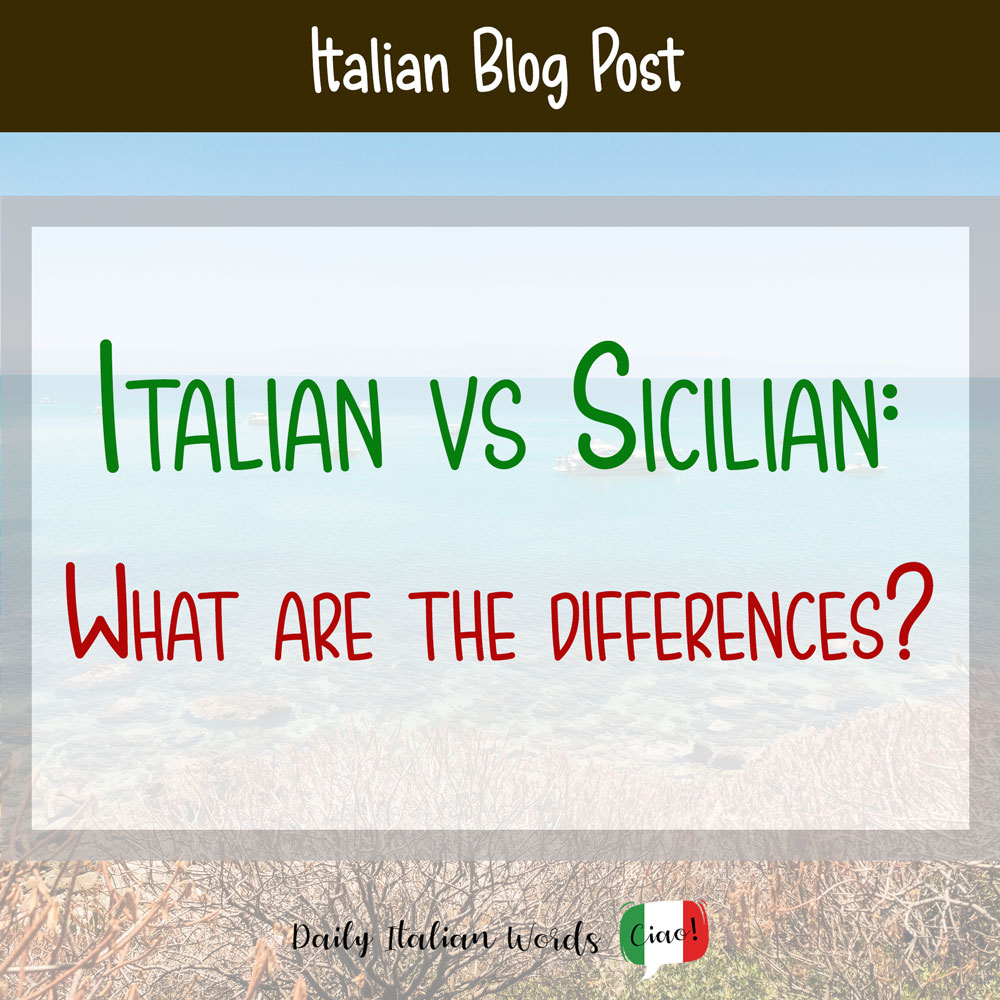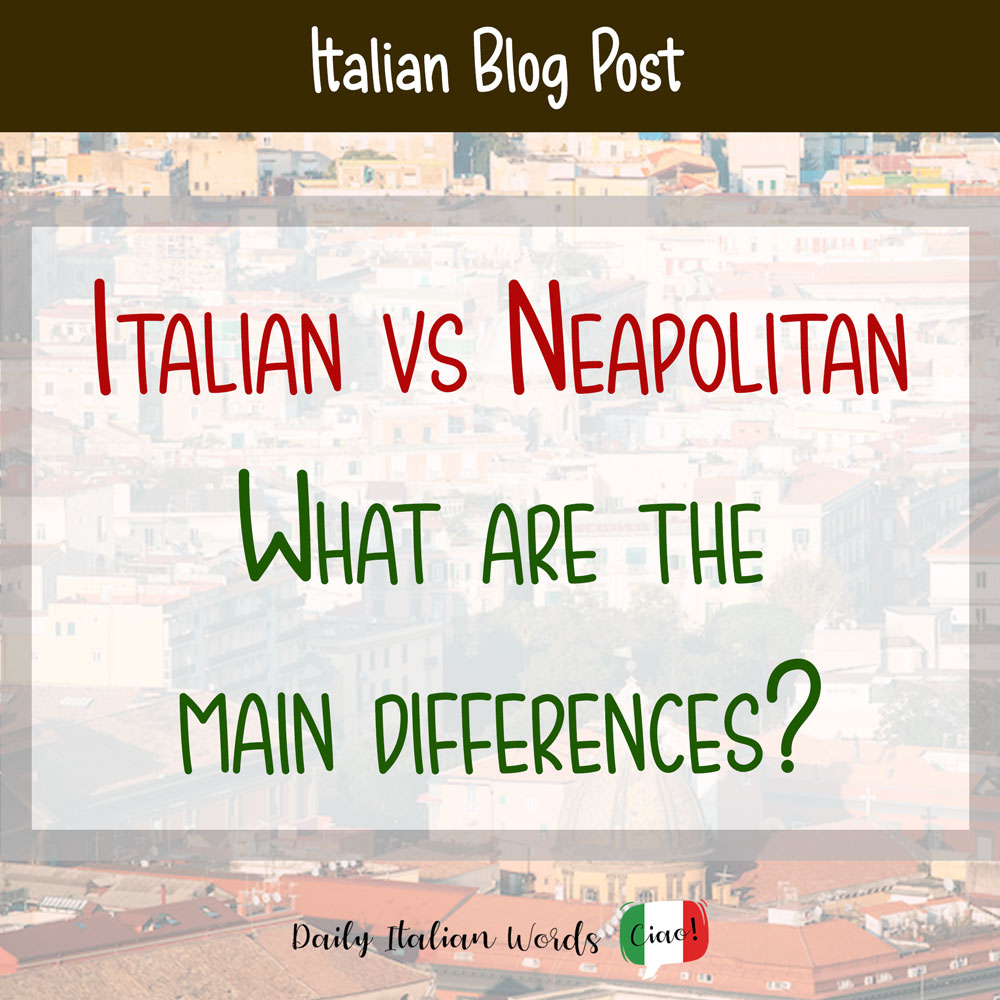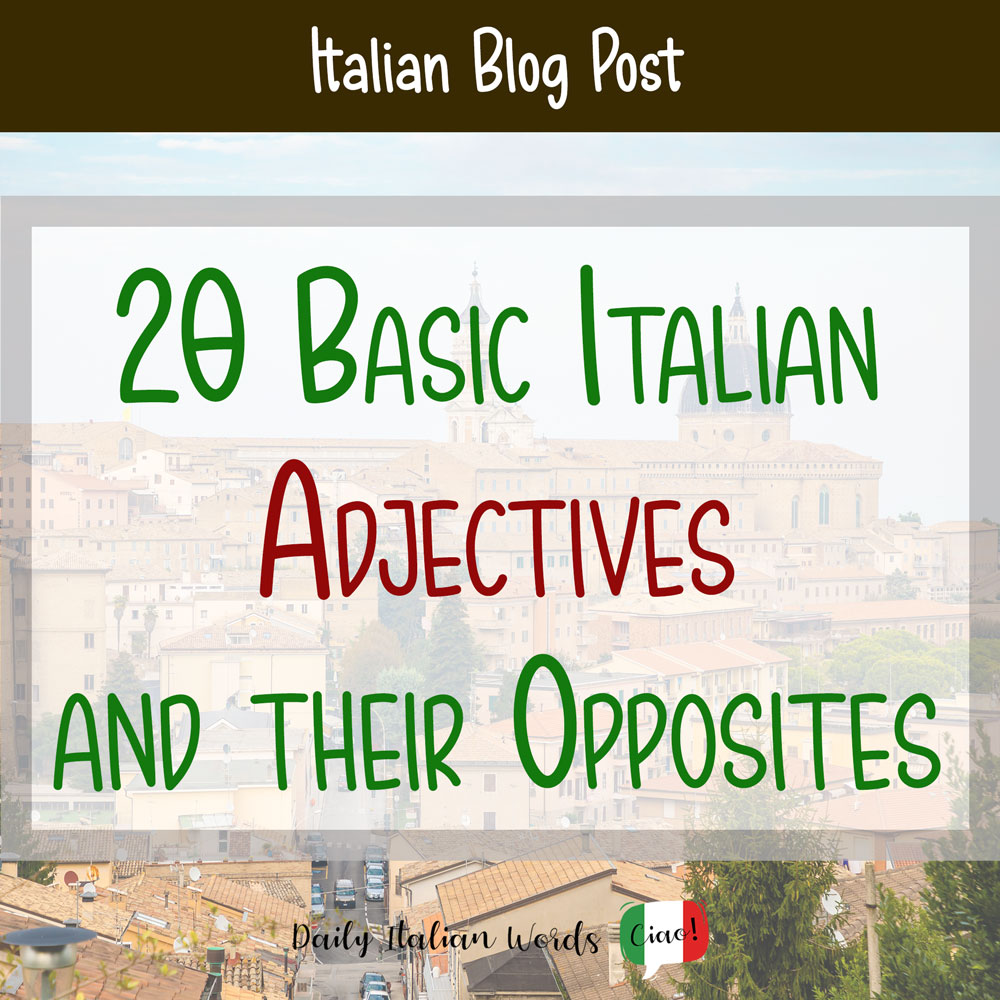15 Famous Expressions in Italian
The idioms are common in all languages, and each is inextricably linked to the language itself and the culture of the country from which it originates. This means that Italian expressions are not the same as those in English. In fact, when one has to translate a common saying from one language to the other, …






